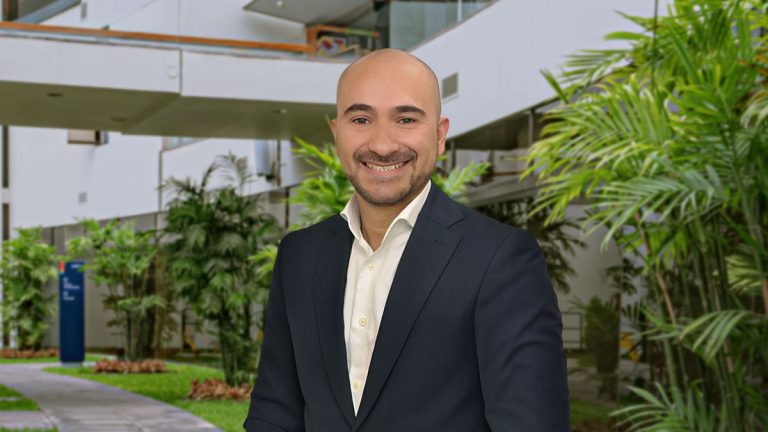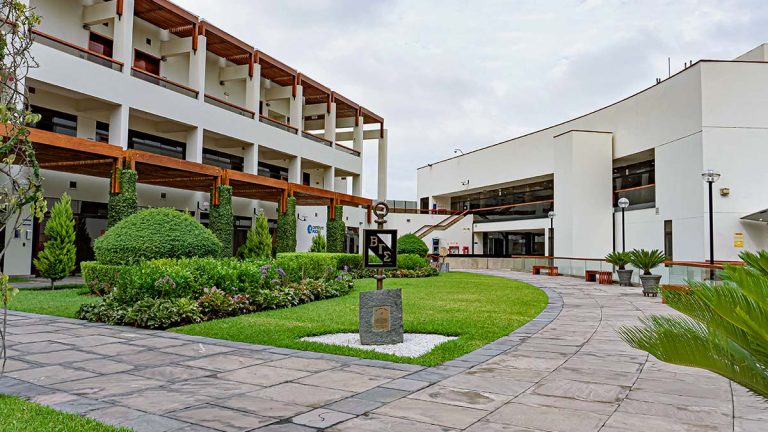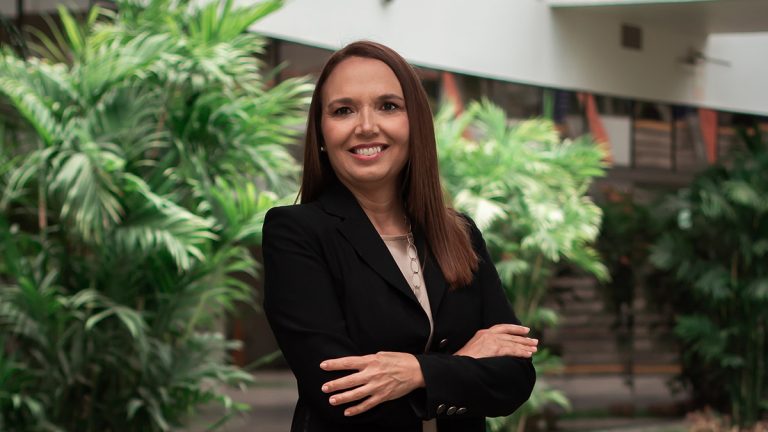ABSTRACT
This study aims to explore the extent to which grand societal challenges motivate street-level bureaucrats to actively create public value and why. The empirical sample comprises semi-structured interviews with 36 nurses working in four public hospitals in Egypt. Thematic analysis was subsequently applied to the transcripts from the semi-structured interviews to highlight the main themes linked to this topic. The findings show that the respondents (nurses in this case) have accepted the idea of creating public value through working extra unpaid hours, engaging actively in night shifts, and treating incoming refugees. This is a result of the following three categories of motives: Humanitarian (religious considerations, appreciation and praise from refugees, desire to emigrate), Job-related (greater sense of discretionary power, implementing the orientation or directions of the hospital administration, exploiting recent developments in medical instruments) and Patriotic motives (understanding that refugees are a source of foreign currency, creating a culturally diverse climate which Egypt lacks, ensuring partnership between hospitals and the private sector). This study contributes to emerging literature on grand societal challenges and the creation of public value by street-level bureaucrats on which empirical studies are rare, particularly in the context of developing nations.



